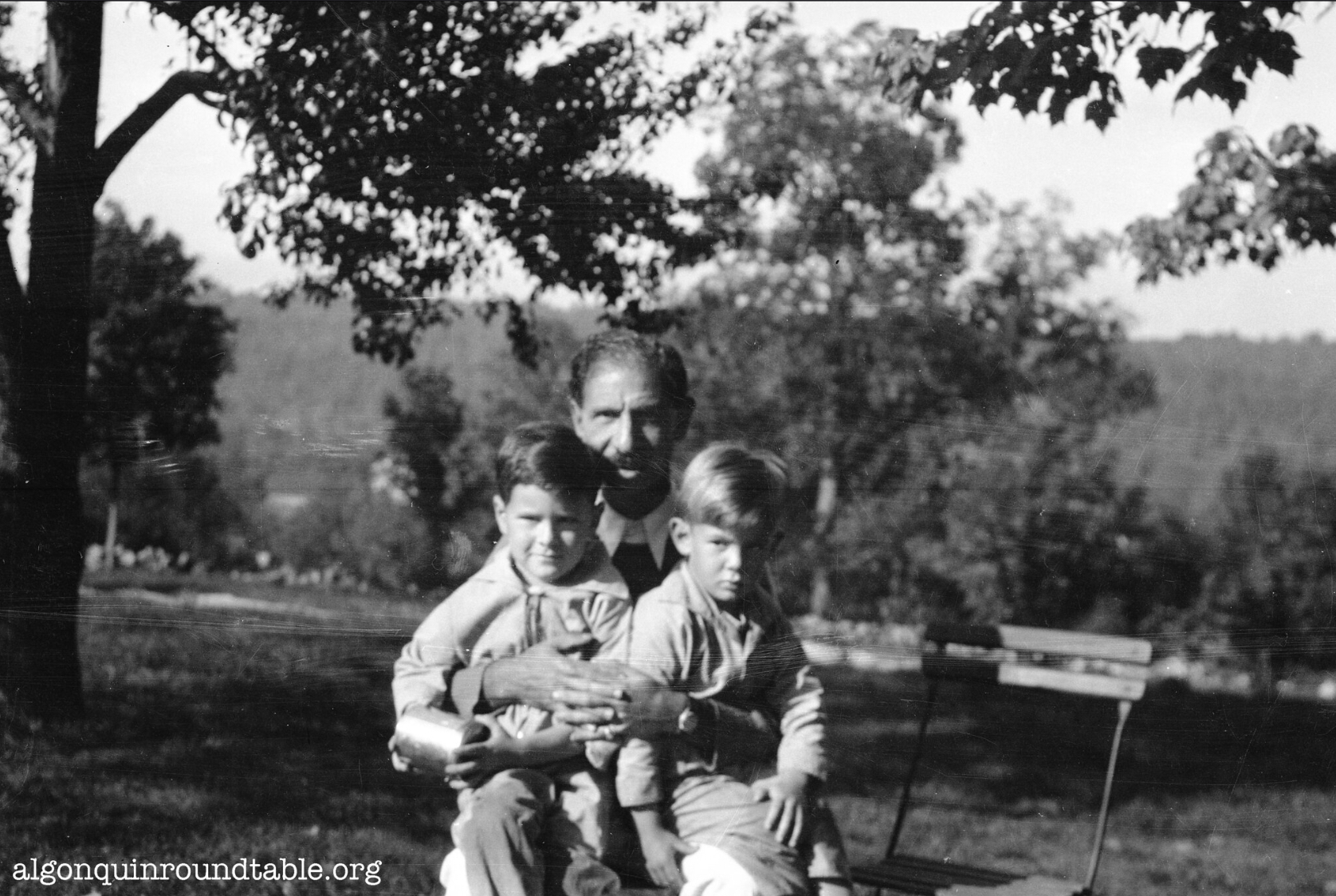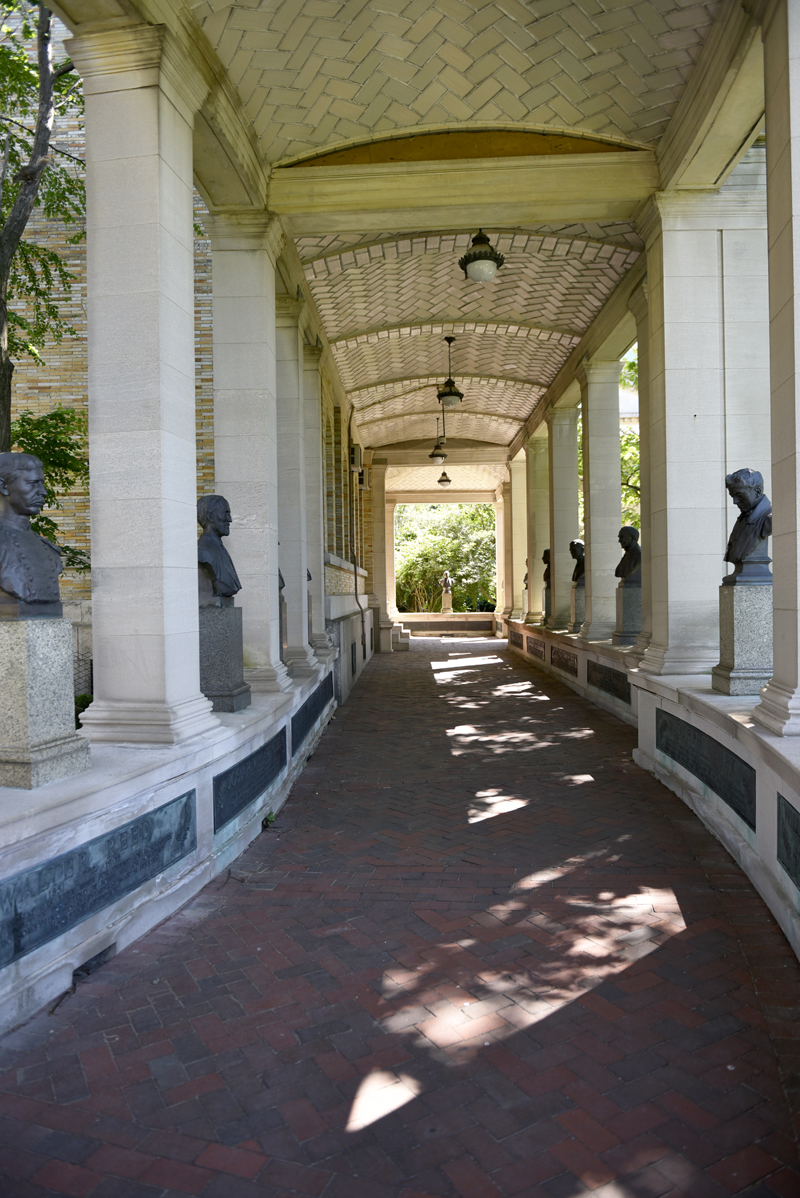A new video surfaced recently that’s just sensational to watch for anyone that adores the 1920s and the Algonquin Round Table era. It is called New York in the Twenties, and first aired on American TV in 1961.

Narrated by Walter Cronkite for CBS, there are three men interviewed (I guess they couldn’t find any women to speak to—Edna Ferber and Dorothy Parker were still kicking). Marc Connelly, the Pulitzer Prize winning playwright and core member of the Vicious Circle is melancholy throughout. Publisher Alfred A. Knopf looks as if he’s never seen a camera before, and talks a bit about Sinclair Lewis and the impact Main Street had on publishing. But the star of the show is Stanley Walker, irascible raconteur and the longtime city editor of the New York Herald-Tribune.
Connelly ticks off a list of the core members of the Algonquin Round Table, a group that started meeting in June 1919, when Woollcott returned from the war. “His only exercise was rancor,” Connelly quips. He saved his biggest praise for Harold Ross, who, with his wife, Jane Grant, started The New Yorker in 1925. “He had a brain that was magnificent,” Connelly said. The playwright waxed nostalgic about many, saying, “My New York had people who came from everywhere bound toward the realization of their talents than a geographic destination.”

Walker’s books and articles focused heavily on crime and speakeasy culture, and he had some choice comments to make:
“There were all sorts of gangster goings-on. We killed quite as many people in New York in those days, I believe, as Chicago did, although Chicago had a much wilder reputation. That was largely, I think, because Chicago is more spread out, and you could take people for a ride. It was more exciting. More romantic. In New York you had to kill people under much more cramped circumstances, and it didn’t seem as interesting somehow.”
Only a small part of the documentary is about speakeasies and Prohibition, with Walker, who wrote volumes on the topic, deadpanning, “A lot of very good people were poisoning themselves on bathtub gin… it’s a wonder anyone is alive from that period today.” One of the best clips stars Texas Guinan in a performance at her speakeasy. Cronkite intones one of her most famous lines, “You may be all the world to your mother, but you’re just a cover charge to me.”
There is a charming section on Greenwich Village and Washington Square Park, with footage of poets Elinor Wylie and Edna St. Vincent Millay, and authors Sherwood Anderson, Willa Cather, and Theodore Dreiser.
Connelly closes the documentary by talking about the Crash of 1929 and finding himself in the 1930s. “We felt possibly a very dear friend had died, and of course, that friend was the Twenties.”
My friends Stuart Silverstein and Julie Blattberg tipped me off to this gem. I enjoyed reading what Carolyn Kellogg wrote in the Los Angeles Times about the video. Thanks to 20 C History Project for unearthing this amazing video. I pray we can get more discoveries such as this.

